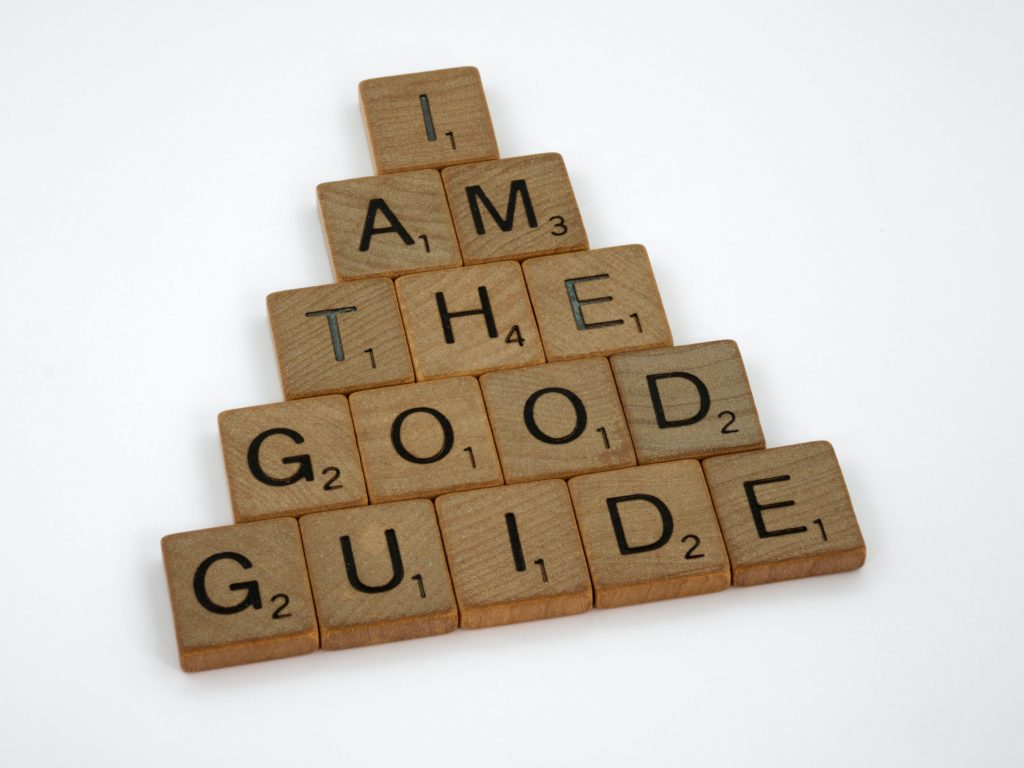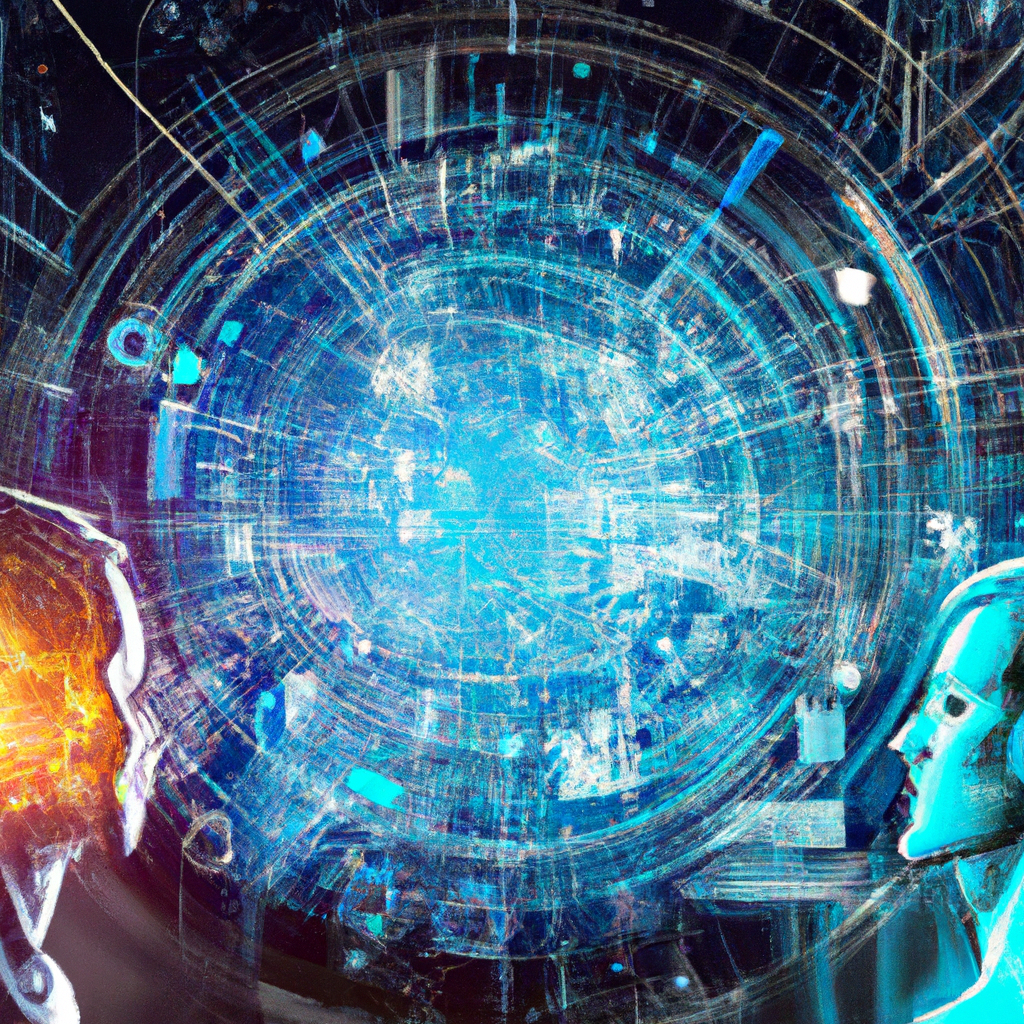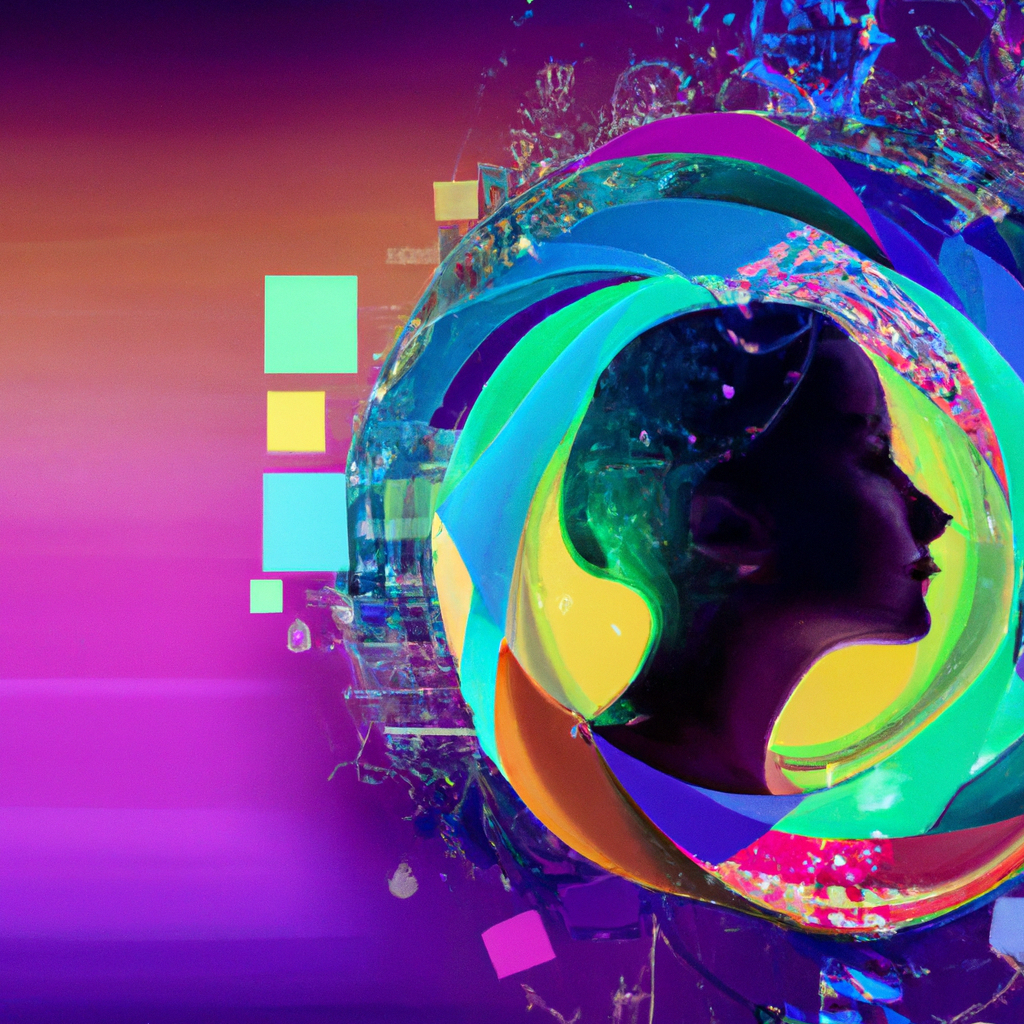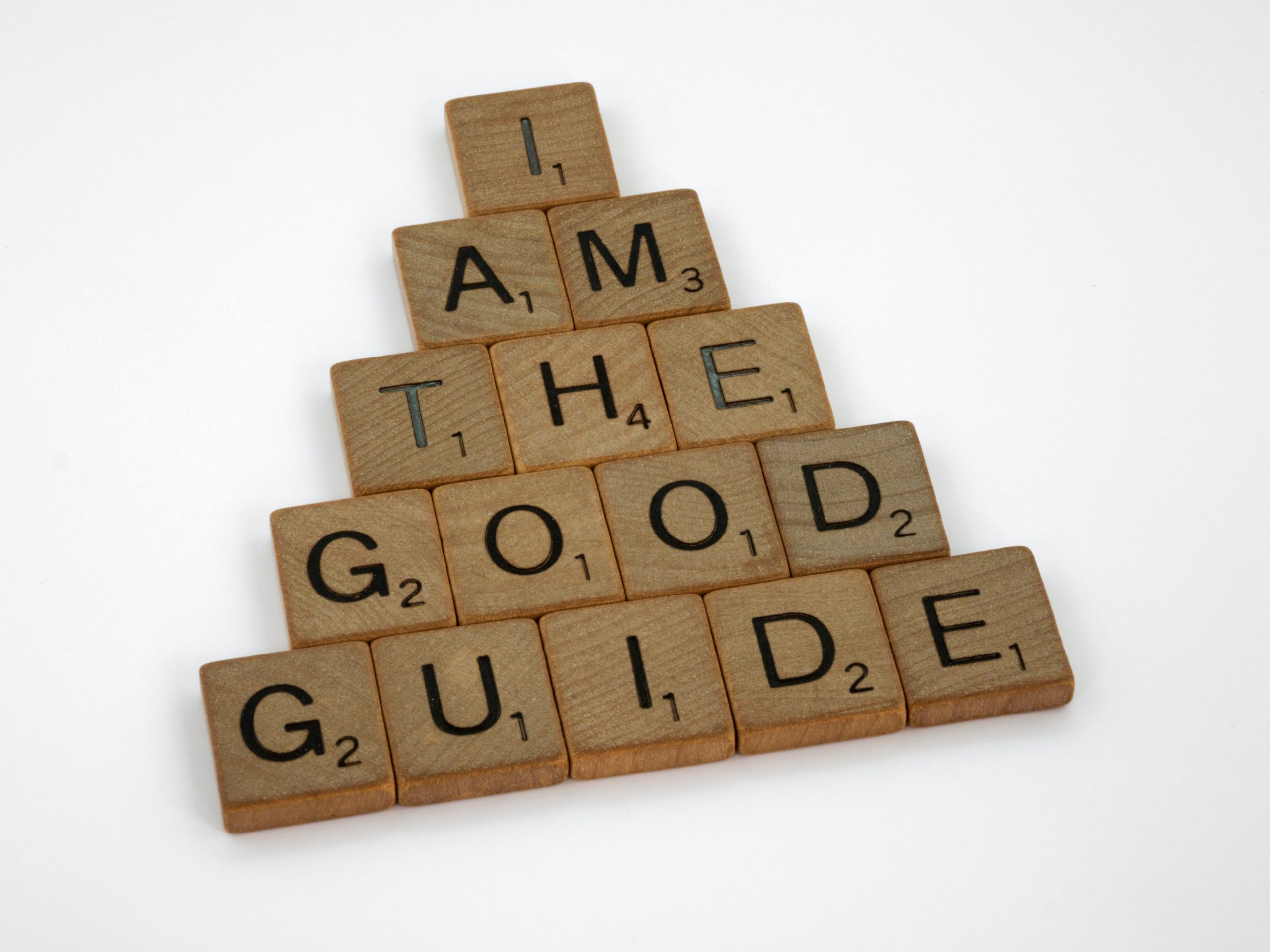In a world the place synthetic intelligence continues to advance at an astonishing tempo, mixing it with writing and storytelling opens up a realm of prospects. Nevertheless, as with all breakthrough know-how, there are vital moral considerations that should be addressed. The combination of AI into the inventive realm raises questions concerning the authenticity of human expression, privateness and information possession, and the potential for bias. These considerations are essential to think about as we navigate the fascinating intersection of AI and creativity.

Bias in AI-generated content material
Unconscious bias in coaching information
When coaching AI fashions to generate content material, it’s essential to think about the potential for unconscious bias within the coaching information. AI methods be taught from the information they’re offered, and if the coaching information consists of biased info, these biases may be perpetuated within the content material generated by the AI. For instance, if the coaching information consists of predominantly male voices, the AI might produce content material that displays a biased perspective, overlooking or minimizing the experiences and views of marginalized teams.
Reinforcing societal biases
AI-generated content material has the potential to bolster present societal biases. If the coaching information predominantly represents a sure cultural or socioeconomic group, the AI might produce content material that perpetuates stereotypes and marginalizes underrepresented communities. This may contribute to a scarcity of variety and inclusivity in narratives, reinforcing dangerous societal biases and stopping the amplification of other views.
Inaccurate or dangerous info
One of many moral considerations with AI-generated content material is the potential for spreading inaccurate or dangerous info. AI fashions usually depend on giant quantities of knowledge to generate content material, and if the coaching information consists of deceptive or false info, the AI might unknowingly generate content material that spreads misinformation. This may have critical penalties, notably in areas equivalent to information reporting, the place the dissemination of correct info is crucial for an knowledgeable society.
Possession and copyright
Mental property rights
Using AI in producing content material raises questions on possession and mental property rights. Who owns the content material generated by AI? Is it the developer of the AI system, the consumer who inputs the prompts, or the AI itself? Clear tips and rules should be established to handle these points and make sure that the rights and pursuits of all events concerned are protected.
Authorized implications
As AI-generated content material turns into extra widespread, there are authorized implications that should be thought-about. Plagiarism, as an example, can happen if AI-generated content material reproduces copyrighted materials with out permission or correct attribution. Moreover, the legality of utilizing AI-generated content material for business functions might come into query, requiring a complete framework to handle these authorized considerations and guarantee compliance with mental property legal guidelines.
Plagiarism and attribution
AI-generated content material raises challenges relating to plagiarism and attribution. Whereas AI fashions can generate content material primarily based on present works or inputted prompts, it is very important make sure that correct credit score is given to the unique creators. Failing to offer acceptable attribution can result in the erasure of human creativity and devalue the work of authors, artists, and content material creators.
Authenticity and transparency
Recognizing AI-generated content material
One of many moral considerations with AI-generated content material is the potential for deceptive readers. It’s essential to determine mechanisms that permit readers to simply establish whether or not a chunk of content material has been generated by AI or created by a human. This transparency ensures that readers could make knowledgeable choices concerning the credibility and trustworthiness of the content material they eat.
Deceptive readers
AI-generated content material has the potential to mislead readers by creating the phantasm of authenticity and experience. If the AI is able to mimicking human writing kinds and data, readers could also be deceived into believing that the content material is written by a human professional when, in actuality, it’s generated by an AI system. This may have critical implications, notably in areas equivalent to medical or authorized recommendation, the place correct and dependable info is essential.
Disclosure and belief
To deal with the moral considerations surrounding AI-generated content material, it’s important to prioritize disclosure and construct belief with customers. Customers ought to be made conscious when they’re interacting with AI-generated content material and believe within the transparency and reliability of the system. Clear tips and requirements ought to be established to make sure that AI methods are used responsibly, with the safety of consumer belief and privateness being of utmost significance.
Lack of human creativity
Devaluation of human writers
The rise of AI-generated content material raises considerations concerning the devaluation of human inventive work. As AI methods develop into extra superior and able to producing content material that rivals and even surpasses human creations, there’s a threat that the distinctiveness and worth of human creativity could also be undermined. This may have vital implications for artists, writers, and content material creators, probably devaluing their contributions and impacting their livelihoods.
Imitation versus originality
AI-generated content material usually walks a high quality line between imitation and originality. Whereas AI fashions can imitate present writing kinds and content material, the query of whether or not AI can really create unique and modern work stays. The excellence between imitation and originality is necessary, because it influences the notion of AI-generated content material and the methods by which it’s obtained and valued by audiences.
Aesthetic and emotional depth
Although AI methods can generate content material that’s grammatically right and structurally sound, the power to seize the depth of human feelings and aesthetic sensibilities stays a problem. Human creativity possesses a singular capacity to convey advanced feelings, evoke empathy, and create deeply significant connections. AI-generated content material, whereas spectacular in its capacity to copy sure points of human writing, usually lacks the identical depth and emotional resonance that human-created content material can present.

Moral implications in storytelling
Manipulation and persuasion
Using AI-generated content material in storytelling raises considerations about manipulation and persuasion. AI methods may be programmed to investigate and exploit psychological components, enabling the manufacturing of content material that’s designed to control readers’ feelings, beliefs, and views. The moral line between storytelling that goals to entertain and storytelling that manipulates and influences people is an important consideration in the usage of AI-generated content material.
Violation of privateness
AI-generated content material might unintentionally violate privateness rights. As AI methods analyze and generate content material primarily based on huge quantities of knowledge, considerations come up relating to the privateness and safety of non-public info. Safeguards should be put in place to make sure that AI-generated content material respects people’ privateness rights and doesn’t exploit or disseminate delicate private info with out their consent.
Misrepresentation and exploitation
The potential for misrepresentation and exploitation is one other moral concern when utilizing AI-generated content material in storytelling. AI fashions can mimic the voices and views of people or teams, blurring the road between real human experiences and artificially generated content material. This raises considerations about misrepresentation, the place AI-generated tales might current false narratives or perpetuate dangerous stereotypes. Moreover, there’s a threat of exploiting susceptible people or communities by utilizing their tales, feelings, or experiences for business achieve with out their consent or honest compensation.
Accountability and accountability
Figuring out accountable events
Figuring out the accountability and accountability for AI-generated content material may be advanced. AI methods are developed by groups of engineers, information scientists, and designers, however the content material generated is a results of the AI’s algorithms and coaching information. Clear tips ought to be established to establish the accountable events in circumstances of moral violations or authorized disputes. Assigning accountability ensures that acceptable motion may be taken to handle any points which will come up.
Lack of oversight and regulation
The relative novelty and quickly evolving nature of AI-generated content material current challenges by way of oversight and regulation. There’s usually a scarcity of established tips or business requirements to manipulate the moral use of AI in content material era and storytelling. Regulatory frameworks ought to be developed to make sure that AI methods are used responsibly and ethically, defending shoppers and stopping the misuse or abuse of AI-generated content material.
Legal responsibility for AI-generated content material
Figuring out legal responsibility for potential harms attributable to AI-generated content material is one other moral concern. If AI-generated content material disseminates false info, defames people, or infringes on mental property rights, questions might come up relating to who ought to be held accountable. Mechanisms should be established to handle legal responsibility points, outlining the obligations and obligations of all events concerned within the creation and deployment of AI methods.

Cultural sensitivity and inclusivity
Illustration and bias
AI-generated content material should prioritize cultural sensitivity and inclusivity to keep away from perpetuating biases and marginalizing underrepresented communities. With out cautious consideration of the coaching information and variety among the many builders and designers, AI methods might produce content material that upholds dominant cultural narratives, reinforcing bias and excluding the voices and views of marginalized communities. It’s essential to make sure that AI-generated content material precisely represents the range of human experiences and promotes inclusivity in storytelling.
Respecting cultural norms
When mixing AI with writing and storytelling, it is very important respect cultural norms and values. AI-generated content material ought to bear rigorous analysis and testing to make sure that it aligns with cultural norms and doesn’t perpetuate offensive or harmfully stereotypical portrayals. Collaborating with various cultural specialists and communities can assist assure the respectful and correct illustration of various cultures and stop the era of content material which may be culturally insensitive or offensive.
Selling variety in narratives
AI-generated content material has the potential to problem present narratives and promote variety in storytelling. By leveraging AI to amplify voices and tales which may in any other case go unheard, AI know-how can assist to broaden the vary of narratives and promote inclusivity. Strategic efforts ought to be made to make sure that AI methods incorporate various views, spotlight underrepresented voices, and foster a extra inclusive and equitable storytelling panorama.
Affect on human labor
Job displacement and unemployment
One of many moral considerations surrounding the usage of AI in writing and storytelling is the potential impression on human labor. As AI methods develop into extra superior and able to producing content material, there’s apprehension about job displacement and unemployment inside inventive industries. It is very important handle these considerations by exploring how people and AI can collaborate reasonably than viewing AI as a direct alternative for human creativity.
Ability necessities and retraining
The combination of AI in writing and storytelling necessitates a shift in ability necessities and the necessity for retraining. As AI takes over sure duties historically carried out by people, people within the inventive business might must develop new abilities to work alongside AI or tackle roles that require a deeper understanding of AI know-how. Supporting creators with the mandatory coaching and sources to adapt to this altering panorama is crucial to mitigate the potential unfavourable impression on employment.
Financial inequality
The adoption of AI-generated content material might exacerbate financial inequality inside the inventive business. Entry to AI know-how, coaching, and sources may be expensive, making it tough for people from decrease socio-economic backgrounds to compete on an equal footing. Efforts ought to be made to advertise equitable entry to AI instruments and assist the event of initiatives that foster variety and inclusion, guaranteeing that financial disparities don’t forestall people from taking part and thriving within the AI-powered inventive panorama.

Unintended penalties
Malicious use of AI-generated tales
Unintended penalties of mixing AI with writing and storytelling embrace the potential for malicious use of AI-generated tales. AI fashions may be manipulated to unfold propaganda, misinformation, or dangerous ideologies. There’s a want for sturdy safeguards to forestall the misuse of AI-generated content material for nefarious functions and to make sure that AI methods are used ethically and responsibly.
Unexpected societal impacts
The combination of AI in writing and storytelling can have unexpected societal impacts. As AI turns into extra refined in producing content material, there could also be shifts in societal norms, cultural practices, and human interactions. These adjustments might happen in methods which can be tough to foretell, and it is very important frequently monitor and consider the societal implications of AI-generated content material to handle any unintended results that come up.
Undermining human interplay
The elevated use of AI-generated content material might have unintended penalties in undermining human interplay and connection. As people work together with AI-generated tales and content material, there’s a threat that real human connections and conversations could also be changed or devalued. It is very important strike a steadiness between the advantages of AI-generated content material and the preservation of human interplay, fostering a symbiotic relationship between AI know-how and human creativity.
Ethics in algorithm design
Transparency and explainability
Ethics in algorithm design require transparency and explainability. Customers and stakeholders ought to have visibility into how AI algorithms make choices and generate content material. Understanding the underlying processes and biases inside AI methods is essential for figuring out and addressing moral considerations. Algorithm designers ought to prioritize creating algorithms which can be clear and explainable, permitting customers to grasp how their content material is being generated and guaranteeing accountability for any biases or unethical practices.
Equity and accountability
Equity and accountability are elementary moral concerns in algorithm design. AI methods ought to be designed to deal with all customers pretty and with out discrimination, avoiding biases primarily based on components equivalent to race, gender, or socioeconomic standing. Moreover, clear mechanisms for accountability ought to be in place to handle any points that come up in the usage of AI-generated content material, guaranteeing that choices made by AI methods are held to moral requirements and don’t compromise the well-being or rights of people.
Avoiding algorithmic biases
Algorithmic biases can have critical moral implications in AI-generated content material. Biases could also be launched by means of the coaching information used to coach AI fashions or by means of the design of the algorithms themselves. Efforts ought to be made to establish and mitigate biases, in addition to to include various views and enter all through the algorithm design course of. Common auditing and analysis of AI methods can assist detect and handle algorithmic biases, fostering honest and moral practices in AI-generated content material.


